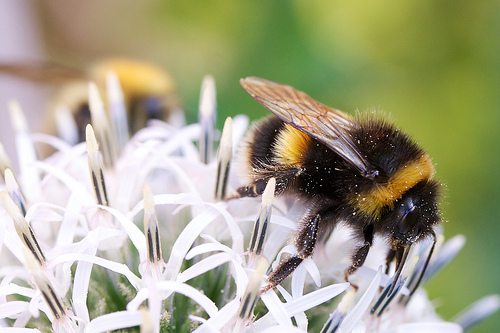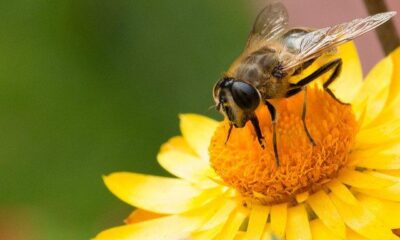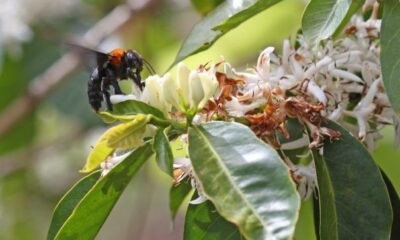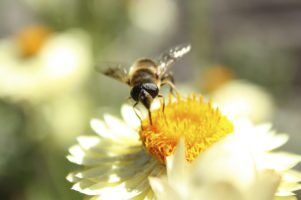

Environment
Children science project found more bumblebees in cities than in the countryside
A nationwide school science experiment has revealed that bumblebees prefer suburban areas to rural places, because of the wider variety of flora.
EDF Energy’s Big Bumblebee Discovery was carried out in partnership with the British Science Association (BSA) and the Centre of Ecology & Hydrology (CEH) and involved around 30,000 children from 400 schools, collecting data on the habits and lives of bumblebees.
The findings, presented at Birmingham’s Science Festival, revealed that suburban locations are preferred to urban and rural areas because they offer a wider range of garden flowers. In urban places meanwhile, flowers such as lavender represent “flower-rich oases” for bumblebees, the study found.
In addition, the experiment spotted more bumblebees in urban rather than suburban and rural locations, supporting the findings of a previous French study that argued that pollinators can thrive in urban environments.
Michael Pocock, of the CEH, said, “We had some lovely warm days this summer, and the fact that when it was sunny more sightings were reported on breezy days suggests that a breeze has a positive effect on the activity of bumblebees and aided sightings on those days.
“We were surprised to see more observations in urban localities, as suburban gardens are often thought to be better. Planting lavender (and other flowers) in city areas could help to support populations of pollinators in those habitats.”
Helen Roy, also of the CEH, added, “Understanding the experiences of citizen scientists is extremely useful for the development of future projects where mass participation can aid the scientific process, and we are keen to explore the issue of bumblebee classification further.”
Vital pollinators, including bees and bumblebees, have declined across Europe and the US, partly because of the widespread use of neonicotinoid pesticides, which are now banned in the EU for two years.
Photo: OAndrews via Flickr
Further reading:
Not enough honeybees in the UK to keep up with crop pollination
Loss of $200bn pollinating services will be harmful, scientists warn
Great British Bee Count: scientists ask public to help ‘save bees’ with smartphone app


 Environment12 months ago
Environment12 months agoAre Polymer Banknotes: an Eco-Friendly Trend or a Groundswell?

 Features11 months ago
Features11 months agoEco-Friendly Cryptocurrencies: Sustainable Investment Choices

 Features12 months ago
Features12 months agoEco-Friendly Crypto Traders Must Find the Right Exchange

 Energy11 months ago
Energy11 months agoThe Growing Role of Solar Panels in Ireland’s Energy Future





























